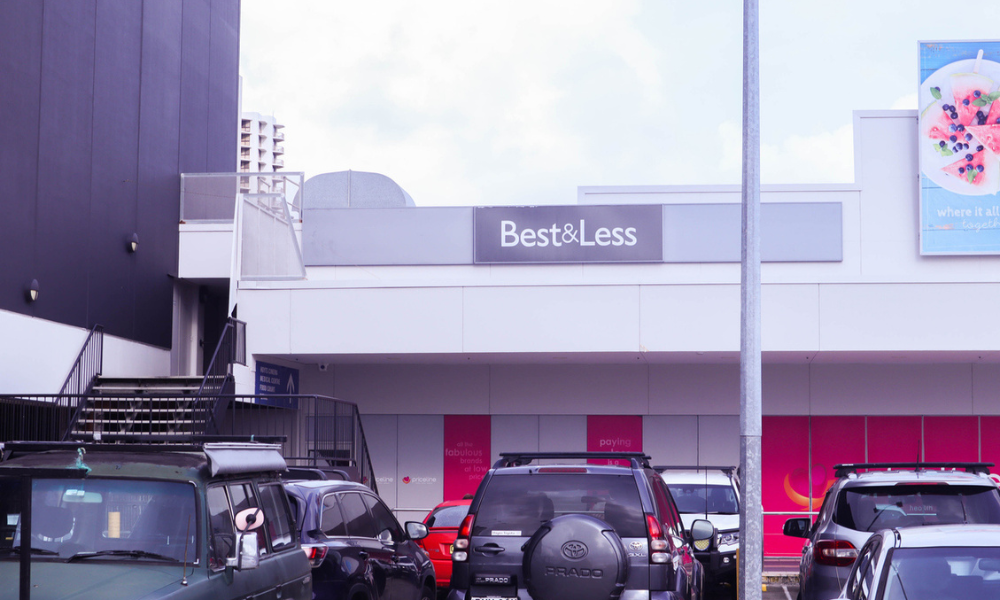Australia’s happiest employees work in HR and recruitment, according to a national SEEK survey of 5,000 employees
Australia’s happiest employees work in HR and recruitment, according to a national Seek survey of 5,000 employees. It also found that the number one reason employees love their jobs is because of the people they work with – 22 per cent of respondents rated their workmates as their number one source of happiness in their jobs. Next came their boss, benefits/conditions, hours of work and feedback/appreciation. The survey also found that employees had a relatively short-term outlook for staying in their current position, with more than 50 per cent of Australians saying that they would be in their job for less than another year. This links to the fact that these employees are mostly active jobseekers, who don’t think it will take them long to find a job.
Freehills appoints Gareth Bennett to national HR director role
Gareth Bennett was recently appointed director of human resources for national law firm Freehills. The new appointment has been facilitated by the departure of Adele Brady, who has been with the firm for 16 years and held the position of director of HR for seven of those years. Bennett, who was formerly group manager of people and culture for AGL, has also worked in financial services, manufacturing as well as sales and marketing sectors. Bennett will report to Freehills’ managing partner, Peter Butler. He commenced the role on 5 November 2007 and be based in Freehills’Sydney office.
Employers urged to supply information to pass fairness test
The Workplace Authority has urged employers to provide the required information, when lodging agreements for checking against the Fairness Test. “As we are processing agreements, we are finding that some employers haven’t included sufficient information,” according to Barbara Bennett, head of the Workplace Authority. “This means we have to write back and in many cases also call them seeking that detail. This is slowing down the Fairness Test assessment process.” She said the bulk of the agreements which require further information are ones which were lodged in the weeks after the announcement of the Fairness Test in May and prior to the legislation coming into effect in July. The Workplace Authority most commonly needed more information about employee classification and the span of hours worked.
Mental health not recognised in the workplace
Despite the fact that almost one in five adult Australians will experience some form of mental illness in any given year, 68 per cent of HR professionals do not believe that managing mental health in the workplace is a priority for their organisations, a Australian Institute of Management NSW & ACT (AIM) survey has found. Nor are organisations prepared for managing mental health issues in the workplace with 51 per cent of respondents saying they did not have any plans, strategies or policies for managing mental health issues when they arise. Furthermore, 84 per cent of HR professionals feel they do not have sufficient knowledge about the range of mental health problems to deal with them adequately.
Graduate employers focus on communication and interpersonal skills
Interpersonal and communication skills, critical reasoning and analytical skills and passion/industry knowledge are key selection criteria used by employers when recruiting new graduates, according to a Graduate Careers Australia report. It found that the characteristics that were least desirable in their graduate applicant pool were a poor attitude/lack of work ethic/approach to work, followed by a lack of communication and interpersonal skills and a lack of drive, motivation, enthusiasm and initiative. The report also found that more than 60 per cent of graduate employers had trouble recruiting graduates from particular disciplines in 2007 –up from 56 per cent in 2006. In particular, employers had trouble sourcing engineering graduates.
Managing external people to improve businesses performance
Many organisations rely on external partners such as suppliers and consultants to operate effectively. Angela Baron, organisation and resourcing adviser for the Chartered Institute of Personnel and Development (CIPD), said managing people who are strategically important to the success of the organisation but not necessarily directly employed is difficult to get right. “But when done well it can really drive business performance. Trust is essential to create a safe environment where external people feel comfortable sharing their knowledge with the organisation, in the same way clients feel comfortable sharing information about their business with their suppliers, consultants, contractors and partners. Only when this trust exists on both sides will the relationship strengthen and drive high performance.”








